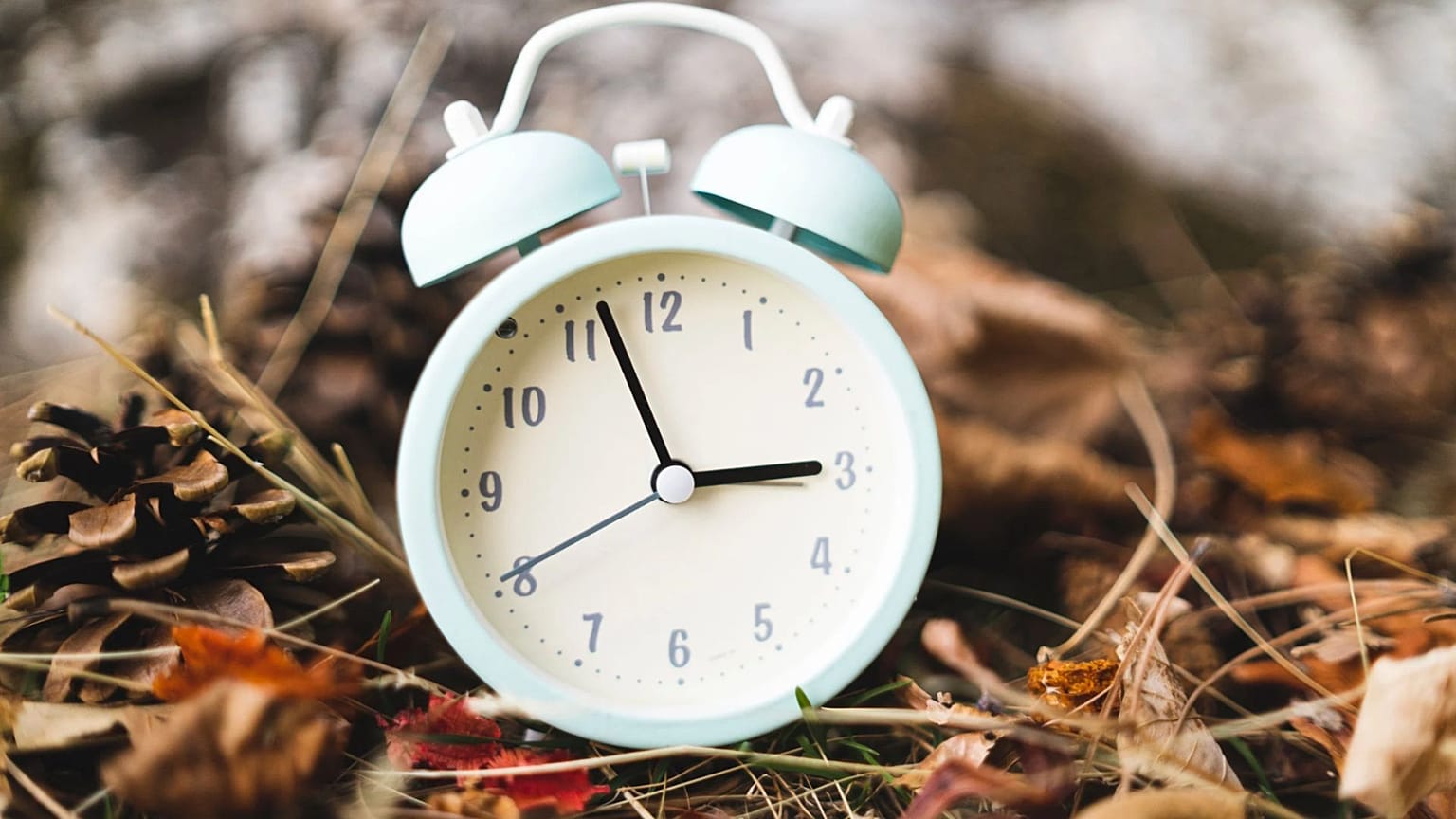Health
Experts Examine Health Impacts of Autumn Time Change

As the clocks move back one hour on October 26, 2023, millions across various regions prepare to welcome what many consider an “extra hour” of sleep. However, experts assert that this seasonal shift may have subtle yet significant effects on health. While the autumn transition is generally perceived as less disruptive than the spring clock change, it is not without its challenges.
Understanding the impact of time changes begins with our circadian rhythms, the internal clock that regulates various bodily functions, including sleep, alertness, hormone production, and mood. According to Timo Partonen, an associate professor of psychiatry at the University of Helsinki, “There’s a circadian clock in every cell of the body… How well this clock functions affects how well we sleep and how good or bad our mood is.”
Daylight Saving Time (DST) entails moving clocks forward in spring and back in autumn, a practice followed in regions including most of Europe and North America. While many people welcome the additional hour, the adjustment can still disrupt internal timing. Malcolm von Schantz, a chronobiologist at Northumbria University, explains that the autumn change is generally perceived as less painful than its spring counterpart. “Those who dislike the autumn change mainly complain that it’s suddenly dark when they leave work,” he noted.
The autumn clock change is easier for our bodies to adapt to, as it offers an extra hour in the day. Yet, not all experience the transition equally. Partonen cautions that the initial adjustment may lead to less refreshing sleep compared to summer months. “There’s also the risk that people don’t use the extra hour for sleep — instead, they stay up later and continue to build sleep debt,” he added.
Research indicates that the springtime shift, which results in losing an hour of sleep, can lead to short-term spikes in health issues, including traffic accidents and heart attacks. According to the American Heart Foundation, there was a 24 percent increase in heart attacks the day following the switch to daylight saving time. The autumn change, while milder, has been associated with increased stress, confusion, and worry, particularly among women, as highlighted in a study conducted by Liverpool John Moores University and the University of Oxford.
Beyond immediate effects, frequent clock changes may pose long-term health risks. A recent analysis from Stanford Medicine suggests that biannual shifts could lead to higher rates of stroke and obesity. Researchers examined three policies — permanent standard time, permanent daylight saving time, and the current biannual shifts — concluding that seasonal time changes could have detrimental impacts on health. They estimated that adopting permanent standard time could prevent around 300,000 strokes annually and benefit approximately 2.6 million people with obesity.
Maintaining a consistent sleep pattern is crucial for long-term health. Schantz emphasizes the importance of minimizing fluctuations in sleep schedules. He warns against the modern habit of sleeping in on weekends — referred to as “social jet lag” — which can disrupt biological rhythms. A study published in the Journal of Epidemiology & Community Health revealed that individuals with irregular sleep-wake cycles had a 26 percent higher risk of experiencing major cardiovascular events, even if they secured the recommended 7-9 hours of sleep.
The debate surrounding Daylight Saving Time continues, with many sleep organizations, including the British Sleep Society, advocating for an end to biannual clock changes in favor of a permanent standard time. The European Union proposed eliminating seasonal clock changes in 2018, but member states have yet to reach a consensus on whether to adopt permanent standard or summer time.
For now, as the clock shifts back, experts recommend using the extra hour wisely. “Go to sleep early enough,” advises Partonen. “If the clock change happens on the night between Saturday and Sunday, go to bed at your usual time — or slightly earlier.” By making mindful choices regarding sleep, individuals can better navigate the transition and mitigate potential health risks associated with the time change.
-

 Top Stories3 months ago
Top Stories3 months agoTributes Surge for 9-Year-Old Leon Briody After Cancer Battle
-

 Entertainment4 months ago
Entertainment4 months agoAimee Osbourne Joins Family for Emotional Tribute to Ozzy
-

 Politics4 months ago
Politics4 months agoDanny Healy-Rae Considers Complaint After Altercation with Garda
-

 Top Stories4 months ago
Top Stories4 months agoIreland Enjoys Summer Heat as Hurricane Erin Approaches Atlantic
-

 World5 months ago
World5 months agoHawaii Commemorates 80 Years Since Hiroshima Bombing with Ceremony
-

 Top Stories3 months ago
Top Stories3 months agoNewcastle West Woman Patricia Foley Found Safe After Urgent Search
-

 Top Stories5 months ago
Top Stories5 months agoFianna Fáil TDs Urgently Consider Maire Geoghegan-Quinn for Presidency
-

 World5 months ago
World5 months agoCouple Convicted of Murdering Two-Year-Old Grandson in Wales
-

 World5 months ago
World5 months agoGaza Aid Distribution Tragedy: 20 Killed Amid Ongoing Violence
-

 World5 months ago
World5 months agoAristocrat Constance Marten and Partner Convicted of Infant Murder
-

 Top Stories4 months ago
Top Stories4 months agoClimbing Errigal: A Must-Do Summer Adventure in Donegal
-

 Top Stories4 months ago
Top Stories4 months agoHike Donegal’s Errigal Mountain NOW for Unforgettable Summer Views









